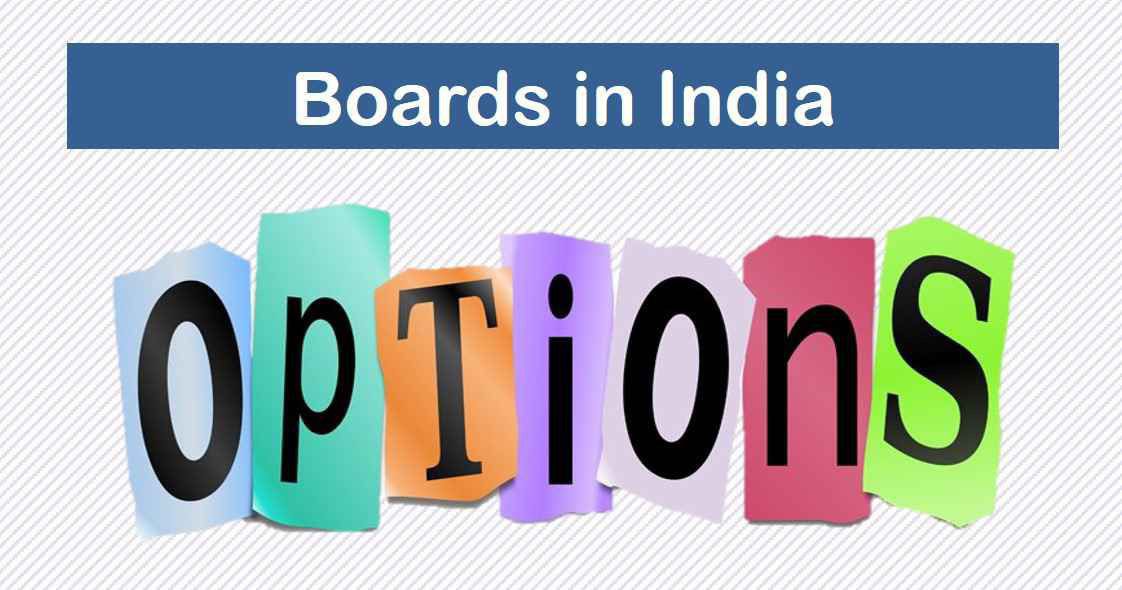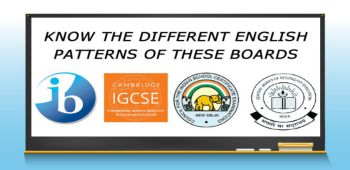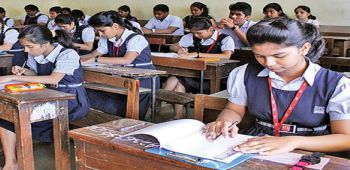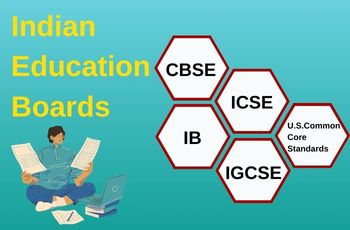Today we have a large variety of boards in India to choose from. Different boards have different curriculum. Thus education in India is highly dependent on syllabus offered. Most of the parents today choose a board according to the syllabus it offers. Schools in India offer both Indian and international syllabus. Let’s have a look at different boards and what they offer.
- CBSE – (National) Central Board of Secondary Education
- ICSE – Indian Certificate of Secondary Education
- State Boards – 30 state boards approximately
- International Cambridge University
- IBO programs and other programs such as Ontario from Canada
CBSE
- Was started by NCERT with the aim of operating central school chains (Kendriya Vidyalaya) to cater to the children of government employees who keep on relocating for their jobs
- Since a number of private employees also move from place to place, many private schools have also adapted CBSE
- The syllabus is highly structured and predictable
- All the national level entrance exams are conducted in accordance with this syllabus
- Board exams are conducted in 10th and 12thstd with that in 10th being optional
ICSE
- Derived from the Cambridge IGCSE which existed during the British regime, it was taken over by the Anglo Indian Board. Today it is governed by the Council for the Indian School Certificate Examinations
- Lot of structure inspired by NCERT
- Grade 10 is considered the toughest board exam
- Almost similar to CBSE in structure and control. The only difference is it being quasi-government
- Board exams are conducted in 10th and 12thstd with both being mandatory
State Boards
- Each state has its own board. Most of the syllabus is similar to NCERT with each state adding its own flavor to the syllabus. State government dictates the language and medium of teaching
- Syllabus for board exams is relatively easy
- Keeping in mind the common entrance exams for medical and engineering colleges, the new government directive has made many state boards adopt the NCERT syllabus for maths and science in 10th and 12th
- Board exams are conducted in 10th and 12th While some boards conduct board exam in 8thstd also
Alternate Education
- National Open School – It provides education to students with learning difficulties or those who are involved in extra-curricular activities such as sports at national or international level
International Education
- IBO – It consists of three levels, PYP (Primary Year Program) for students up to grade 5, MYP (Middle Year program) for grade 6 to 10 and IB Diploma for grade 11 and 12. The external exam is conducted only for Diploma while all other programs are assessed by the school
- Cambridge Program - Currently focused on IGCSE at 9 &10 and A Level at 12 Grade
- Freedom of delivery of curriculum
- Schools can try an innovative approach to help children understand concepts rather than sticking to the textbooks
- Learning can be made fun by differentiating the assessment
The only limitation of the International curriculum in India is that currently it is offered only in high-end expensive schools.





















Comments